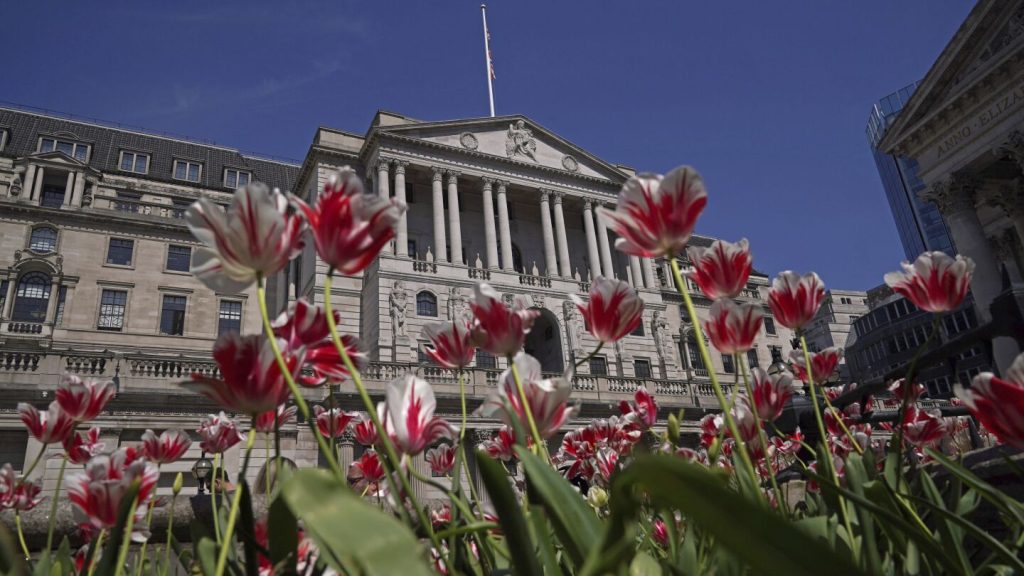The British economy bounced back in the first quarter of 2022, showing a growth of 0.6% from the previous three-month period. This growth ended what economists had labeled as a “technical recession” after two quarters of modest declines. The increase was higher than the 0.4% predicted by economists and was driven by strength across the crucial services sector. Despite the quarterly increase, the British economy has struggled over the past year, with interest rates at 16-year highs of 5.25% playing a major role in hindering growth.
There is hope that the high interest rates may soon be on the way down as Bank of England Governor Andrew Bailey indicated that a rate cut could be possible in June if inflation continues to trend downwards. The Bank of England, along with other central banks globally, raised interest rates aggressively in late 2021 to combat rising prices due to supply chain issues from the coronavirus pandemic and Russia’s invasion of Ukraine. While high interest rates have helped ease inflation, they have also weighed on the British economy, impacting borrowing costs.
Economists are optimistic that with inflation cooling and interest rates potentially lowering, the British economy may be entering a period of more sustained growth. However, the growth is not expected to be particularly strong, with the Bank of England forecasting just 0.5% growth for this year. Despite this, there is hope that the economy is reaching a turning point and may see a more robust recovery. This recovery will be essential for the U.K.’s governing Conservative Party, which is facing electoral defeat later this year to the Labour Party, as it could help relieve pressure on financially strained households and boost the overall economic sentiment.
Treasury chief Jeremy Hunt expressed optimism about the growth figures, stating that they show the economy is returning to full health for the first time since the pandemic. He highlighted the difficult years the country has faced but saw the growth figures as a sign of recovery. On the other hand, Labour Party counterpart Rachel Reeves cautioned against premature celebrations, emphasizing that it is not the time for Conservative ministers to claim victory and suggest that the British people are in a better situation than they actually are. The upcoming election will likely be influenced by the economic performance and how it impacts the public sentiment towards the current government.
Overall, the latest growth figures for the British economy have shown a stronger-than-expected rebound in the first quarter of 2022, marking the end of a technical recession. With hopes of interest rates potentially coming down and inflation easing, there is confidence that the economy may be on the path to sustained growth. However, challenges remain ahead, especially as the country faces an upcoming election where economic performance will play a crucial role in shaping the political landscape. The recovery signals a turning point for the economy, and policymakers will be closely monitoring the situation to ensure the growth momentum is maintained and translated into tangible benefits for the population.


